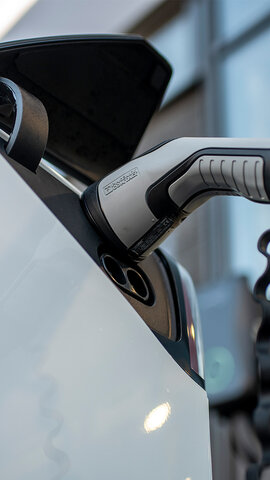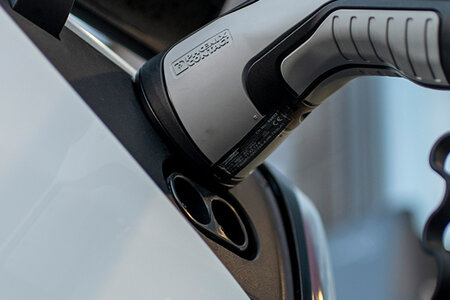New Forecourt Foresight research from Close Brothers Motor Finance found that motor dealers remain sceptical that the 2030 ban on new petrol and diesel vehicles will go ahead in 2030. In a move aimed at accelerating the UK's transition to greener transportation, the government announced that the ban on new petrol and diesel vehicles will now be moved forward from 2035 to the original 2030 deadline. However, despite this ambitious goal 78% of dealers aren’t confident it will go ahead in 2030. And this number could be higher as 15% don't know.
When asked the reasons why dealers aren’t confident the ban will go ahead in 2030, almost three in four (73%) said there’s a lack of time to improve the infrastructure. More than two-thirds (68%) of dealers believe there’s a lack of consumer interest in switching to alternative fuel vehicles (AFVs), and 17% think there’s too much confusion over the deadline.
Costs are also a concern with more than a third (35%) of dealers confirming there won’t be enough affordable AFVs in the market, and 29% blame the risk for further electricity price rises.
John Cassidy, Managing Director of Sales at Close Brothers Motor Finance, said: “As the government pushes forward with its ambitious goals, our findings highlight a clear disconnect between policy ambitions and confidence among dealers. While the shift toward electric vehicles remains a vital component of reducing carbon emissions and combatting climate change, significant investments in infrastructure, affordability, and consumer education will be crucial.
“Ahead of the Spring Statement, many will be hoping the government addresses these concerns. While we have seen some positive news from the Planning & Infrastructure Bill which sets out plans to streamline the installation process for EV charging points, it is still nowhere near the required level needed. Further findings from our EV study found that more than a quarter (28%) of EV drivers find the lack of charging points a challenge, and more than one-in-five (21%) have had issues with charging points not working. If the Government targets are to be realistic, it’s crucial that the infrastructure gets the levels of investment needed to really make EVs an attractive proposition.”






